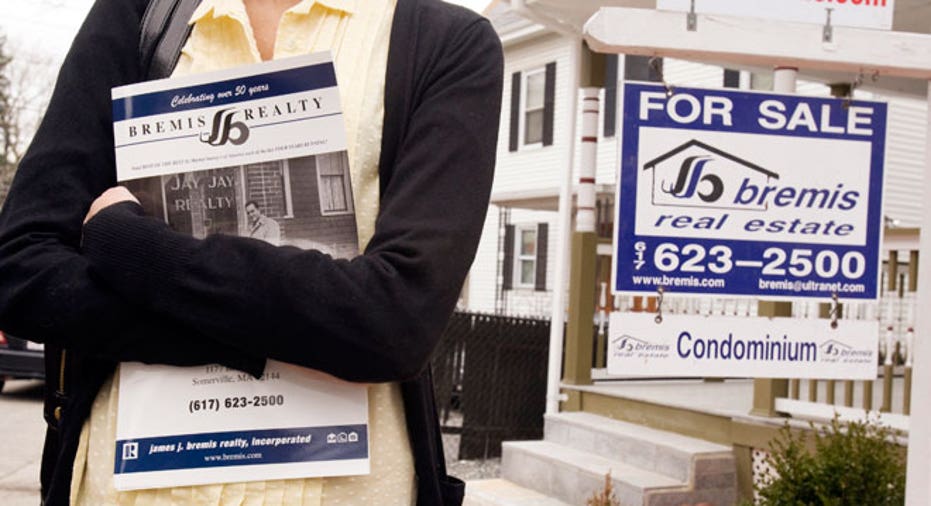Despite Rising Rates, It’s Still Cheaper to Buy

Mortgage interest rates may not be sitting at record lows anymore, but it’s still cheaper to buy than rent in most parts of the country, according to new research from real estate website Trulia.
Trulia compared the costs of homeownership and renting in 100 of the largest metro areas and found that even with rising mortgage rates, buy a home is 35% cheaper than renting. With that said, the gap is closing: a year ago, it was 45% cheaper to buy a home than to rent.
When comparing the costs of owning to renting, Trulia assumed buyers will get a 4.8% mortgage rate on a 30-year fixed mortgage with a 20% down payment. The estimate also assumed the buyers were in the 25% tax bracket and plan to stay in the house for seven years. Home prices and mortgage rates are rising, but they are coming off from such lows that it remains cheaper to buy than rent across the country.
Renting vs. Buying
Still, in some cities like San Jose, San Francisco and Honolulu, rising interest rates and increasing home prices are closing the gap on renting versus buying.
According to Truila, buying in Detroit is 65% cheaper than renting, but in San Jose, buying is only 4% cheaper. The website notes that purchasing a home in San Jose, San Francisco and Honolulu is 10% or less cheaper than renting compared to a year ago when it was 24% cheaper to buy in Honolulu, 28% in San Francisco and 31% in San Jose.
“The biggest factor narrowing the gap between the cost of buying and the cost of renting are rising mortgage rates, which affect the entire country,” the company said in a report. “In fact, the benefit of buying relative to renting shrank in nearly all of the 100 largest metros over the past year: only in Springfield, MA did the gap widen, from buying being 47% cheaper than renting last year to being 49% cheaper than renting today.”
Other cities that are close to the tipping point to favor renting, include Orange County, Calif., New York, San Diego, Los Angeles, Ventura County, Calif., Oakland and Sacramento.
Rounding out the top five cities where it’s much cheaper to buy then rent are Detroit, where its 65% cheaper, Gary, Ind., Memphis , Cleveland and Kansas City, Mo., where its 53% cheaper to rent than buy.
Data from real estate brokerage firm ERA Real Estate reiterates that rising interest rates haven’t completely stalled home purchases. The firm polled its agents to gauge the impact of increased rates, and agents in Silicon Valley; Columbus, Ohio; Cincinnati, and Leesburg, Fla., report strong home-buying demand.
However, it’s important to note those areas experienced significant drops in home prices during the financial crisis, and much of the recovery is being led by investors. For instance, in Silicon Valley, Bill Aboumrad with Legacy Real Estate & Associates ERA says 30% of his company’s deals are all cash and commercial land purchases are rampant.
Meanwhile in Fayetteville, N.C., and Colorado Springs, the rising mortgage rates are having an impact. Larry Strother, president of ERA, reports that rising rates have kept many potential buyers on the sidelines and is particularly hurting first- time buyers.
In Colorado Springs, Bill Hurt, president of ERA Shields Real Estate, says mortgage rates are playing a role in the slowdown in home buying, but it’s not the only culprit.
“Refinance activity is way down, showings are down 50% year over year and inventory is up slightly, but this is a product of both mortgage rate increases as well as seasonality,” he says.



















